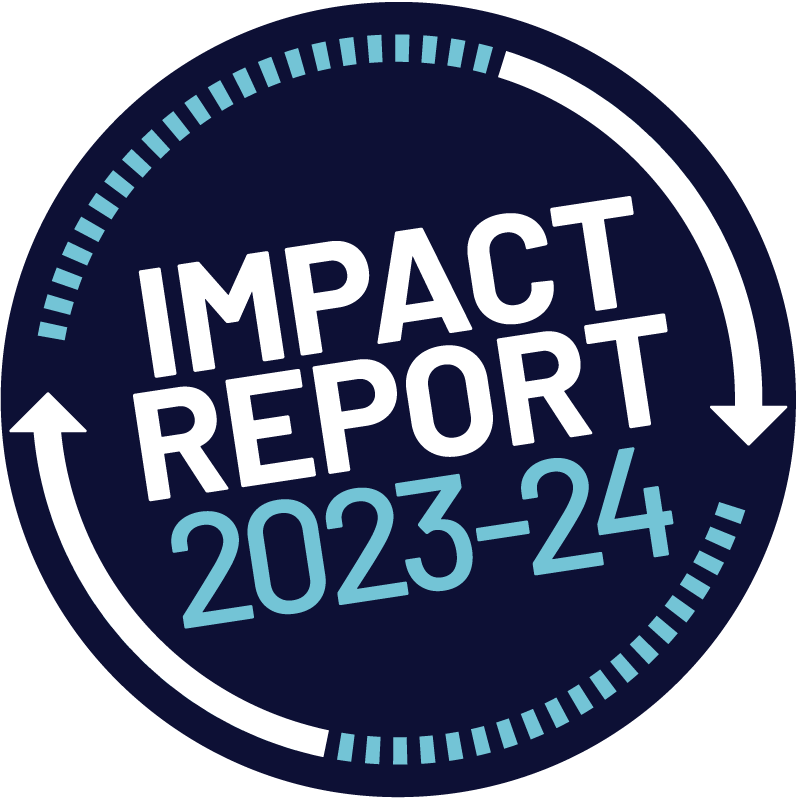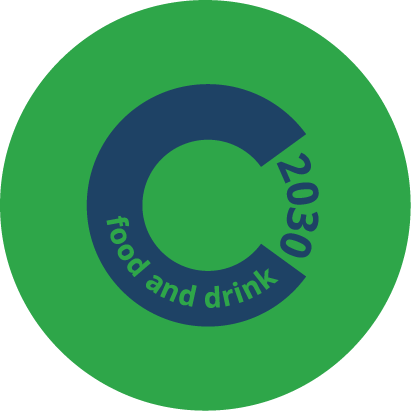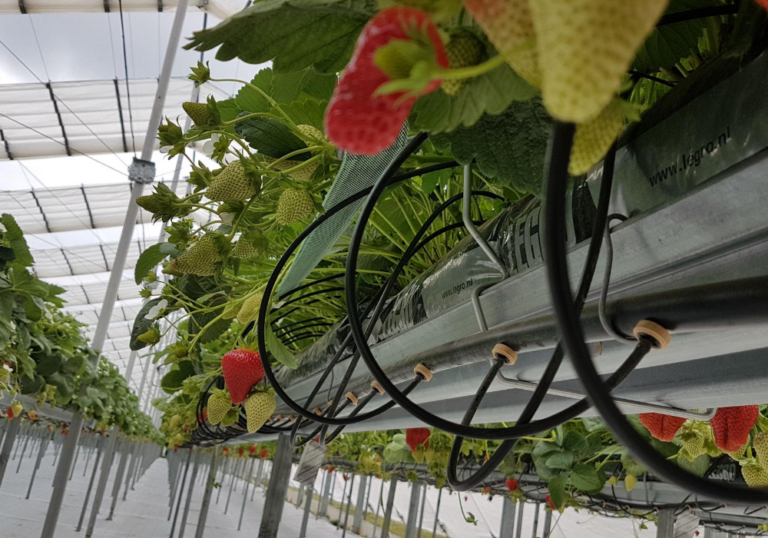

Belu publishes Impact Report 2023-24
Read Belu’s 2023-24 Impact Report here Today at Belu, on


We are part of a growing number of companies that recognise the importance of sustainability initiatives and investing in nature-based projects as part of our commitment to thinking environment first. With our impact partnerships we are supporting the United Nations Sustainable Development Goals (specifically goals 6, 12, 13, 14 and 17) in reducing our emissions, improving water quality and facilitating collaborative action for environmental progress and a sustainable future.
WRAP: Driving Waste Reduction and Circular Economy Practices
WRAP is a UK-based organisation which works with businesses, governments, and communities to promote sustainability by minimising waste, reducing carbon emissions, and fostering the efficient use of resources.
As a member of WRAP, Belu gains access to valuable resources, expertise, and networks that help it implement sustainable practices throughout its operations. This includes guidance on waste reduction strategies, support for adopting circular economy principles, and opportunities for collaboration with other like-minded organisations.
What is the Courtauld Agreement?
In 2023 Belu signed the Courtauld Agreement in support of our commitment to sustainability within the food and drink industry. The Courtauld Agreement is a voluntary commitment that brings together stakeholders across the supply chain to tackle waste, improve resource efficiency, and reduce the environmental impact of food and drink production. Other signatories of the Courtauld Agreement include major supermarket retailers such as Morrisons, Tesco and Marks & Spencers, Waitrose, LIDL, Asda and ALDI, as well as restaurant chains like McDonald’s, KFC and Costa Coffee.

The Courtauld Agreement has three main focus areas:
1. Food Waste: To deliver against UN SDG 12.3: a 50% per capita reduction in food waste by 2030 vs the UK 2007 baseline (covering manufacture, retail, hospitality and food service, and household).
2. Green House Gas (GHG) emissions: To deliver a 50% absolute reduction in GHG emissions associated with food and drink consumed in the UK by 2030 (against a 2015 baseline).
3. Water: An overall target by 2030 that 50% of fresh food is sourced from areas with sustainable water management.
A Commitment to Sustainable Food and Drink Production
By signing the Courtauld Agreement, we have pledged to work collaboratively with other signatories, and our wider industry of hospitality and workplaces, to achieve specific targets, such as reducing food and drink waste, increasing recycling rates, and promoting sustainable packaging practices before 2030.


The River Medway: Holistic Water For Horticulture
One of the initiatives within the Courtauld Agreement is its participation in the ‘Holistic Water for Horticulture’ River Medway project. The River Medway, located in South East England, faces challenges related to water quality and sustainability due to various factors, including pollution and overuse.
Soft fruit polytunnel-based horticulture is an important economic activity in Kent but water resources are increasingly stressed and risks to the environment can occur where levels of resilience to flooding and soil erosion are low.
Holistic Water for Horticulture applies a ‘whole system’ approach, working with growers, Courtauld 2030 signatories and stakeholders in the Medway to develop measures for sustainable water management around polytunnel systems.
Holistic Water for Horticulture aims to:
• Explore alternative sources of water for irrigation – to reduce abstraction pressure and dependency on mains water supply.
• Mitigate local flood risk through nature-based excess water runoff management.
• Improve business resilience by reducing operational costs.
• Build on existing best-practise in commercial polytunnel horticulture in the Medway.
• Create a more resilient supply chain for growers, retailers and customers.
Holistic Water for Horticulture is one of several projects in vital sourcing catchment areas across the UK supported by signatories of the Courtauld Agreement 2030 which supports collaborative action across the UK food chain to deliver measures to reduce water stress, food waste and greenhouse gas emissions, helping the UK food and drink sector meet key environmental goals.
Our responsibility to the planet
Belu’s membership with WRAP, pledge to the Courtauld Agreement, and involvement in projects like the River Medway’s Holistic Water for Horticulture project highlight a new, proactive approach to sustainability being undertaken by businesses. By embracing circular economy principles, reducing waste, and promoting responsible water management practices, we hope to set a positive example for the food and drink industry and demonstrates the significant impact that businesses can have in creating a more sustainable future.
We know our customers and consumers increasingly prioritise sustainability in their purchasing decisions and value our continued dedication to sustainability initiatives. We are proud to join partnerships leading on corporate responsibility and setting a benchmark for others to follow in the journey towards a more sustainable future.


Read Belu’s 2023-24 Impact Report here Today at Belu, on


Belu has been helping hospitality to be more sustainable since


You may have seen our Co-CEO Natalie Campbell MBE in